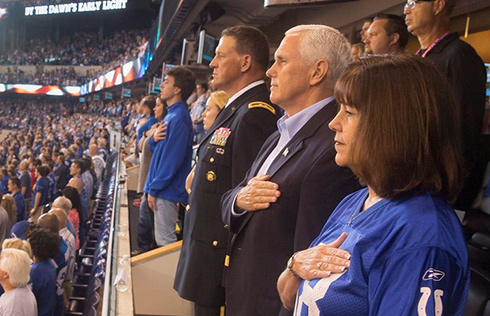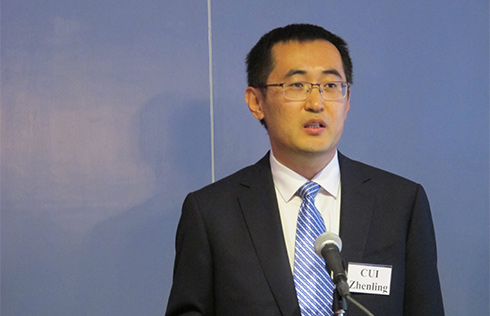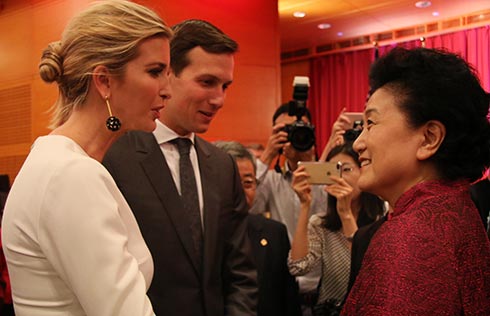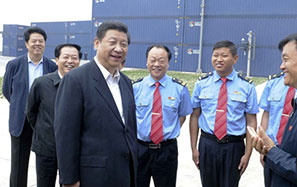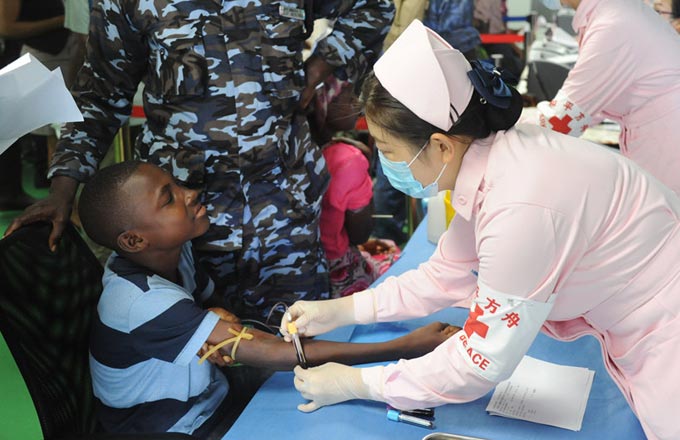Iran deal backed as necessary
International pact a blueprint for peace on the Korean Peninsula, Wang says
Recent tensions on the Korean Peninsula have underlined the significance of the Iran nuclear deal, Foreign Minister Wang Yi said on Wednesday at a meeting with foreign ministers of Iran and the six other countries that reached the deal.
In the meeting at the United Nations in New York, Wang urged all parties to stick to the pact and warned of a "severe impact" to the international nonproliferation regime and the possibility of even worse chaos in the Middle East if the pact is abandoned.
Wang said "no deal is perfect in every way", and called for the parties to pay more attention to positive aspects of the deal. He urged them to make the right political choice and make sure the deal is implemented effectively, and to solve differences through talks.
"China supports and upholds the Iran nuclear deal, which is a historic outcome, and will continue to stay in the process of its implementation," Wang said.
"The deal has solved the Iranian nuclear crisis and consolidated the international nonproliferation regime, which is based on the Treaty on the Non-Proliferation of Nuclear Weapons," Wang said.
"It is an important outcome of international security governance as well as a helpful example of solving hot-spot issues through political and diplomatic means," the foreign minister said.
The implementation of the Iran deal faces grave challenges, Wang said, urging the meeting to send out signals of support for the deal.
Wang's remarks came a day after US President Donald Trump criticized the Iran nuclear deal in his speech before the UN General Assembly, calling it "an embarrassment".
Iranian President Hassan Rouhani hit back at Trump's speech, saying the deal "does not belong to one or two countries", and "is a (UN Security Council) document, which belongs to the entire international community", Xinhua News Agency reported.
The deal was reached in July 2015 between Iran and six countries, the United States, Britain, France, Russia, China and Germany. Its implementation began in January 2016.
Under the deal, Iran reaffirmed it would not seek, develop or acquire nuclear weapons in return for sanctions to be lifted.
Hua Liming, former Chinese ambassador to Iran, said the deal, reached "through tough negotiations", is "an important contribution to the peace in the Middle East and the world", and said overturning the deal may lead to "grave consequences".
(China Daily 09/22/2017 page3)








